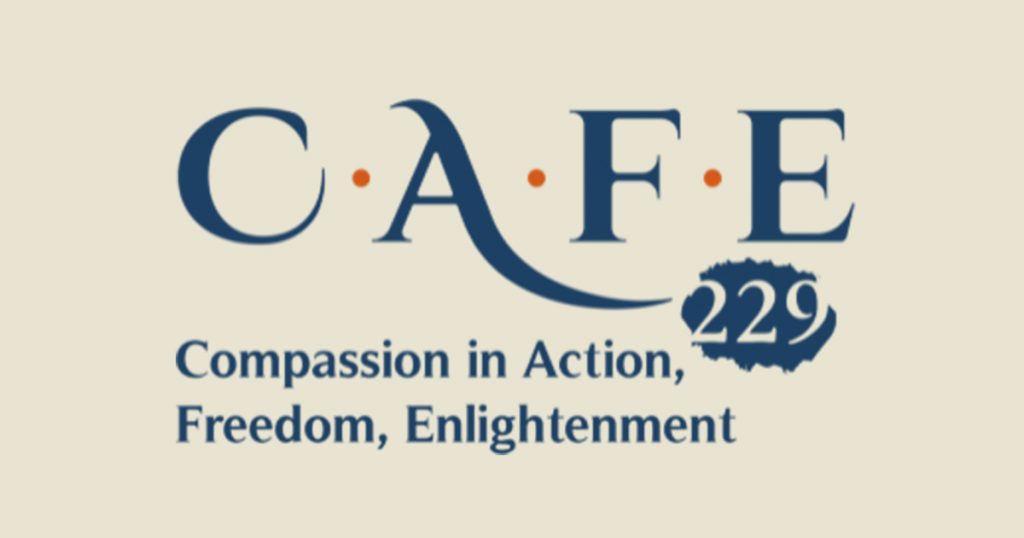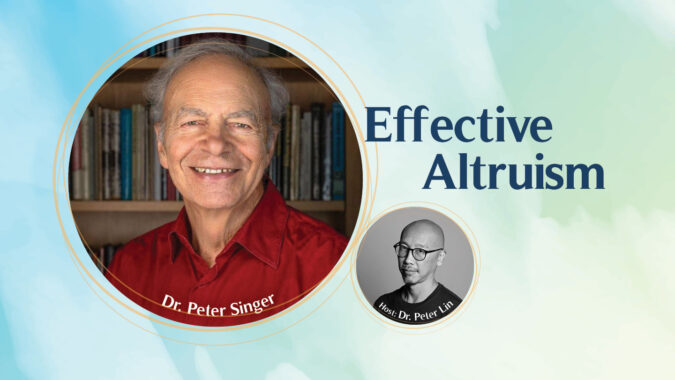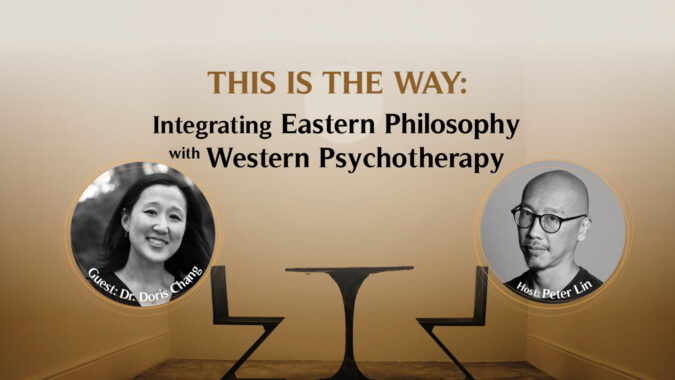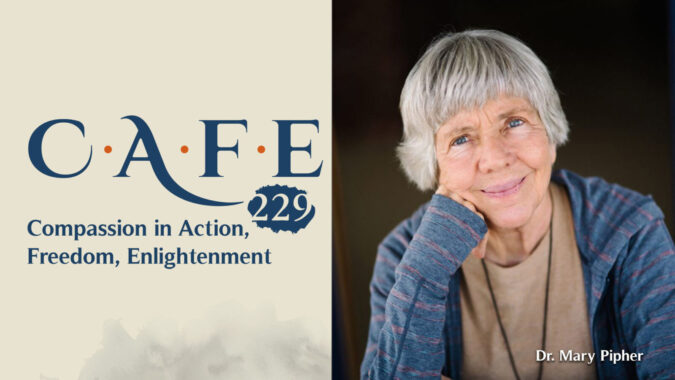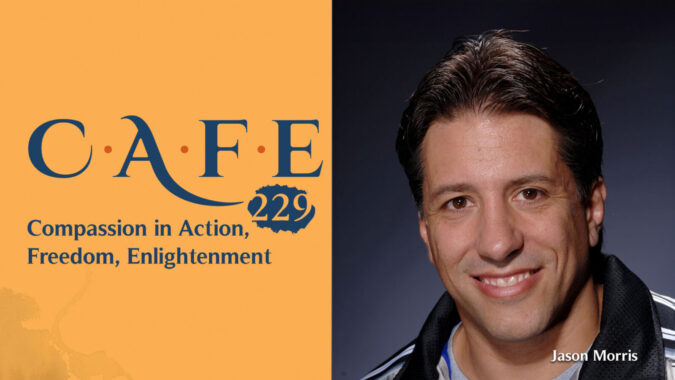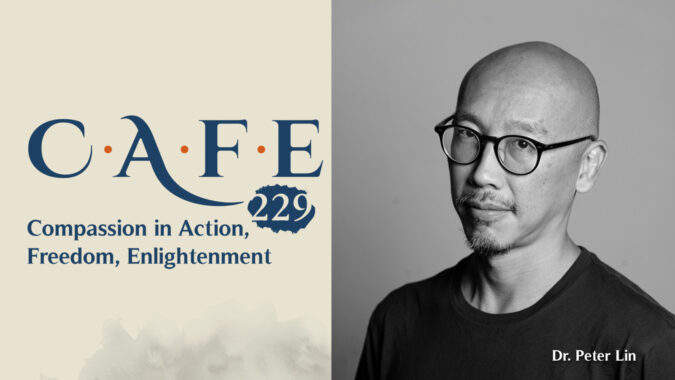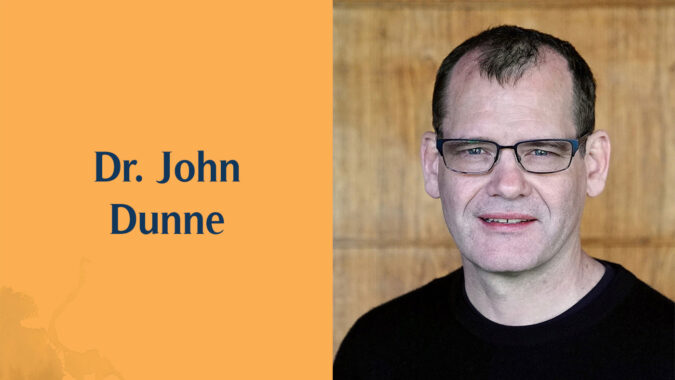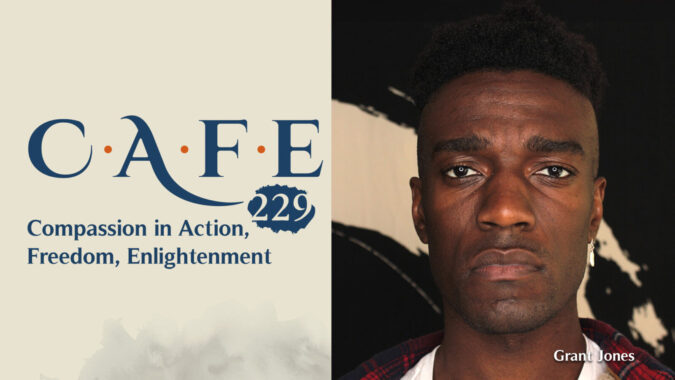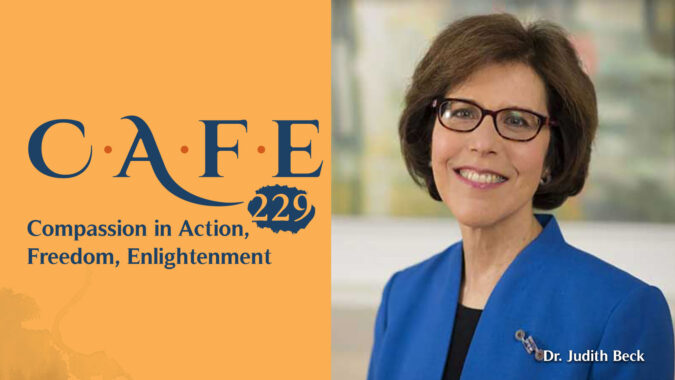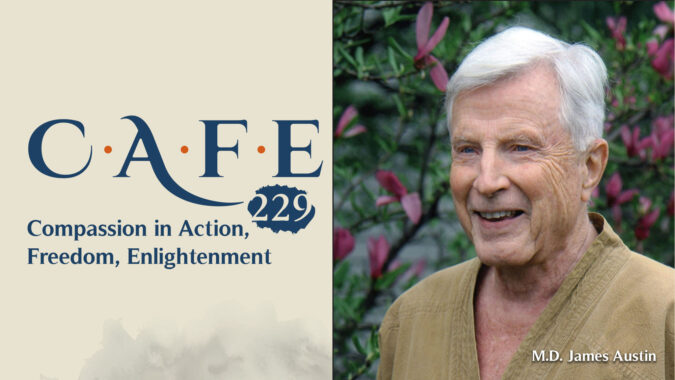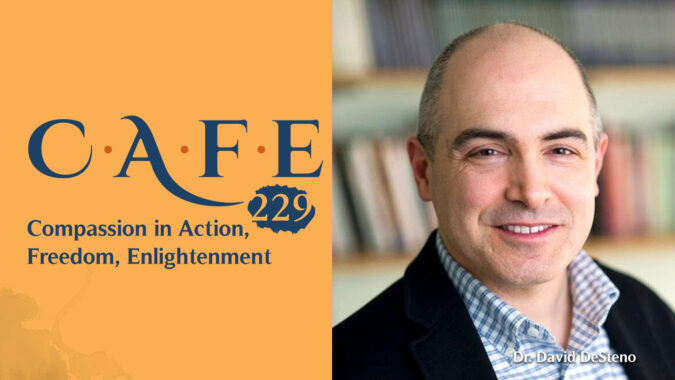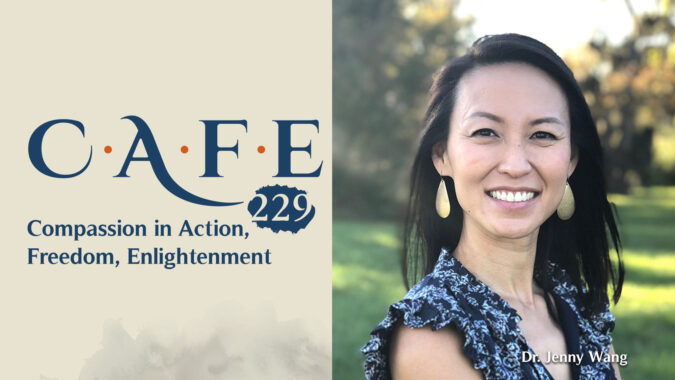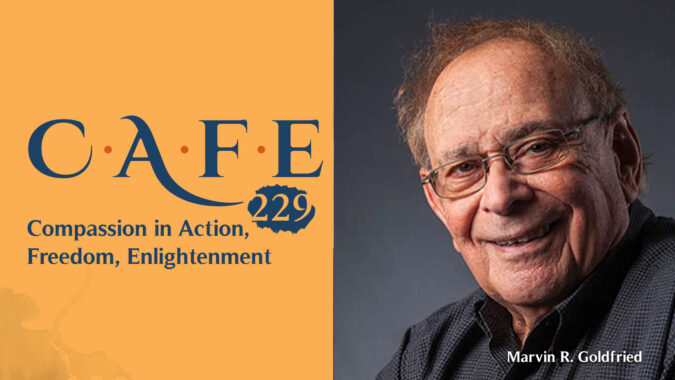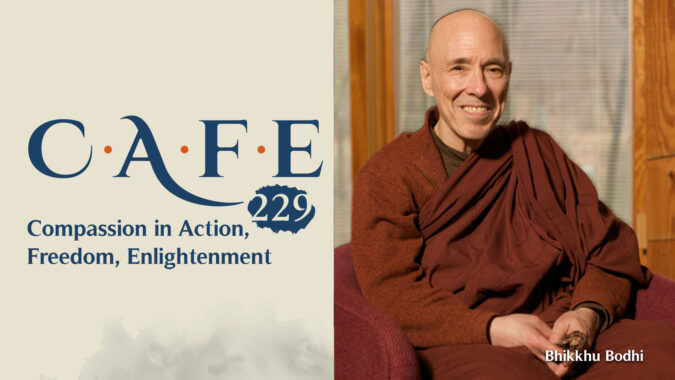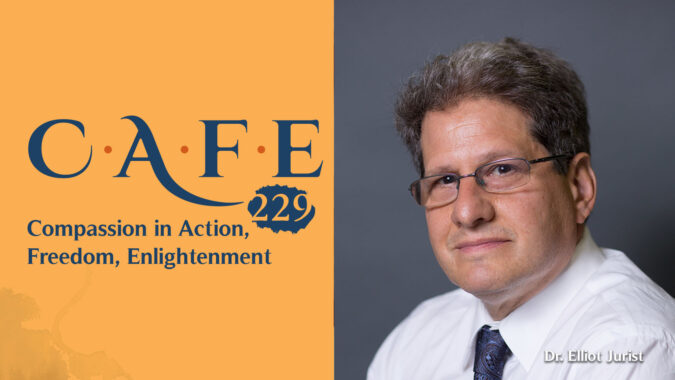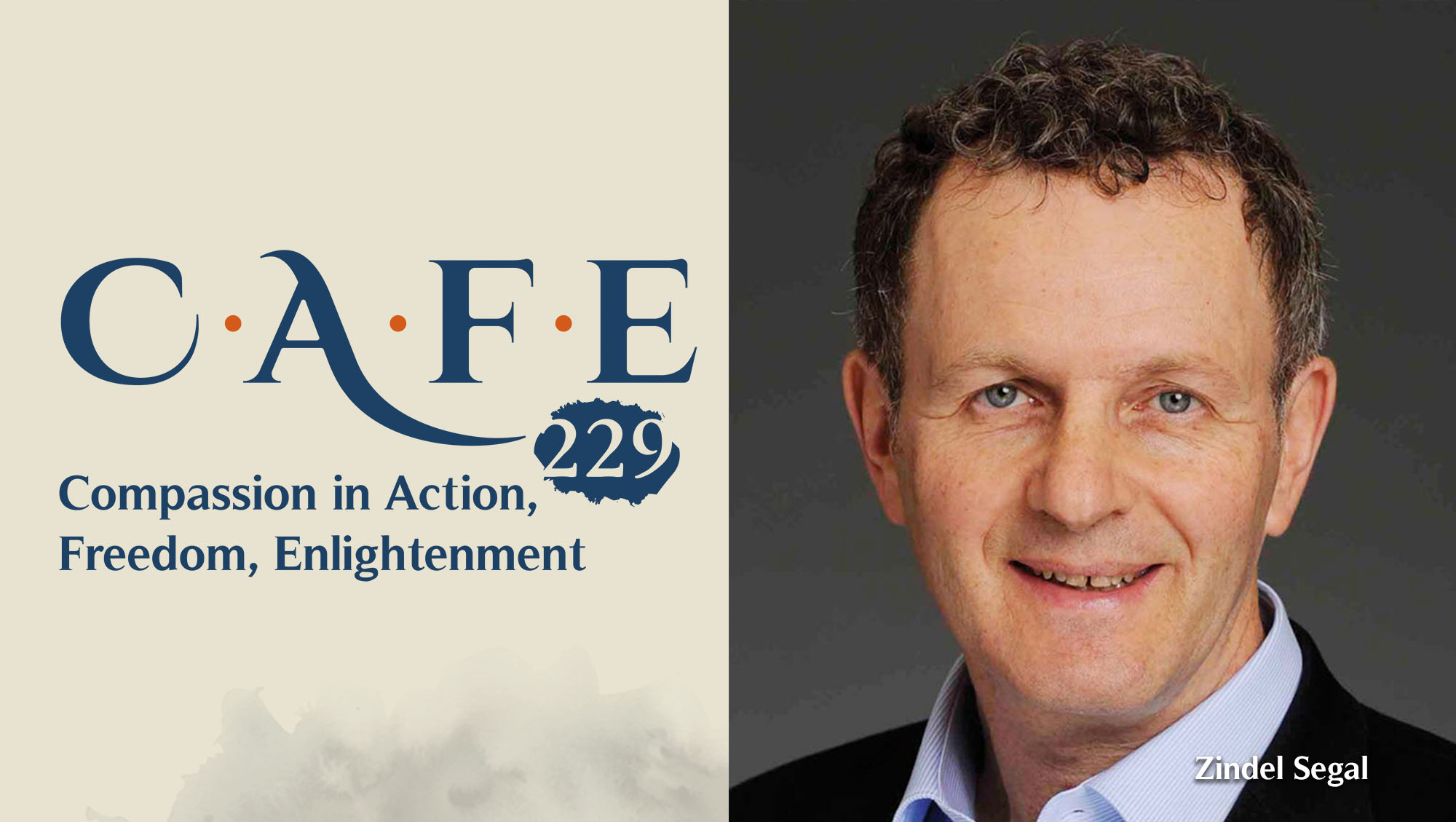
Talk Description
When a thought enters our head, is it necessarily rooted in truth?
Not exactly, affirms Zindel Segal, Ph.D, and believing otherwise can contribute to our unhappiness. He is a Distinguished Professor of Psychology in Mood Disorders at the University of Toronto Scarborough and Co-Founder of Mindfulness-Based Cognitive Therapy (MBCT).
Dr. Segal joins the virtual broadcast of C.A.F.E. 229 from Toronto, Canada this September for a discussion with host Dr. Peter Lin on how mindfulness and western therapy techniques can have common ground that reveals the most powerful healing tool of all: self-compassion.
But, to begin, how can we define mindfulness, according to Dr. Segal?
“The starting point of mindfulness is the ability to pay attention, but to pay attention in a particular way. So when we practice mindfulness, we pay attention on purpose.”
Once we have done this…
“We bring [our attention] to a particular place, which is the present moment, and what we do when we arrive at that place is that we don’t judge what we notice. And mindfulness is the awareness of all of that coming together, the intentional application of attention to the present moment without judging.”
At the same time, what does it mean to practice non-judgmentalness? Dr. Segal emphasizes the idea that yes, practicing judgement allows us to make important evaluations and choices in everyday moments, however:
“Sometimes you might want to consider ‘non-judgmental’ as a term that can be replaced by the word ‘curious,’ so we become curious about what we find when we pay attention in this particular way, without needing to evaluate it – and that’s a starting point.”
Watch the video above to learn more and how paying attention and practicing a non-judgmental attitude are the building blocks of self-compassion and self-healing.
About Zindel Segal, Ph.D
Dr. Segal is a distinguished professor of psychology in mood disorders at the University of Toronto Scarborough and a senior scientist in the Campbell Family Mental Health Research Institute at the Centre for Addiction and Mental Health in Toronto, Canada.
He has pioneered the use of mindfulness meditation for promoting wellness in the area of mood disorders, co-founding Mindfulness-Based Cognitive Therapy (MBCT). MBCT is designed to help people who suffer repeated bouts of depression and chronic unhappiness. It combines the ideas of cognitive therapy with meditative practices and attitudes based on the cultivation of mindfulness.
In addition, Dr. Segal has received awards including the Douglas Utting Research Prize and the Mood Disorder Association of Ontario’s HOPE Award. He is also the author of ten books and more than 130 scientific publications, including The Mindful Way Through Depression. Dr. Segal has given a TEDx Talk of the same name.
Learn more about Dr. Segal here.
Eager to deepen your wisdom? Get all the latest updates on C.A.F.E. 229 when you sign up.

